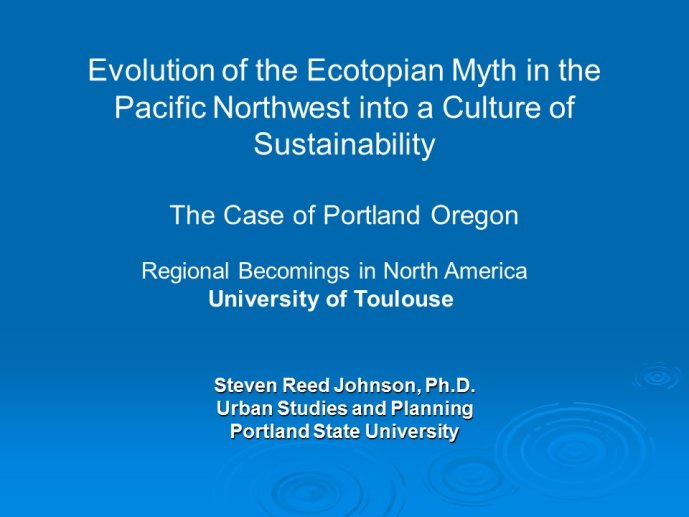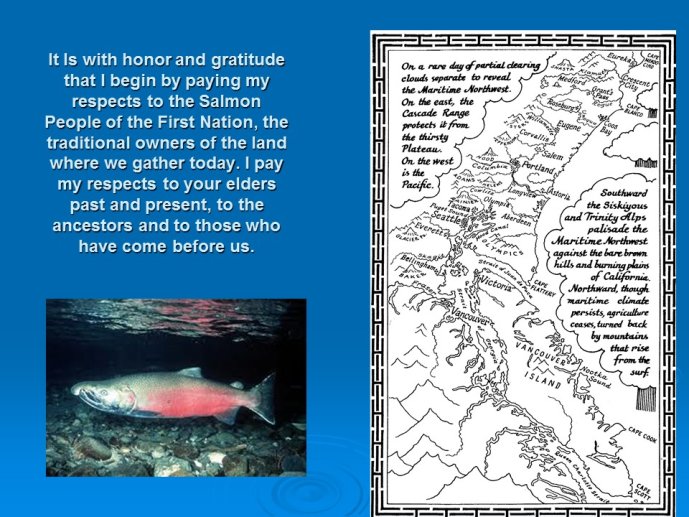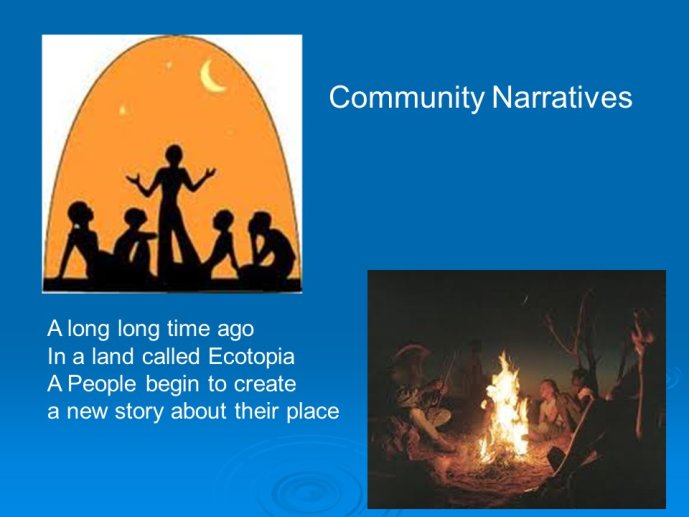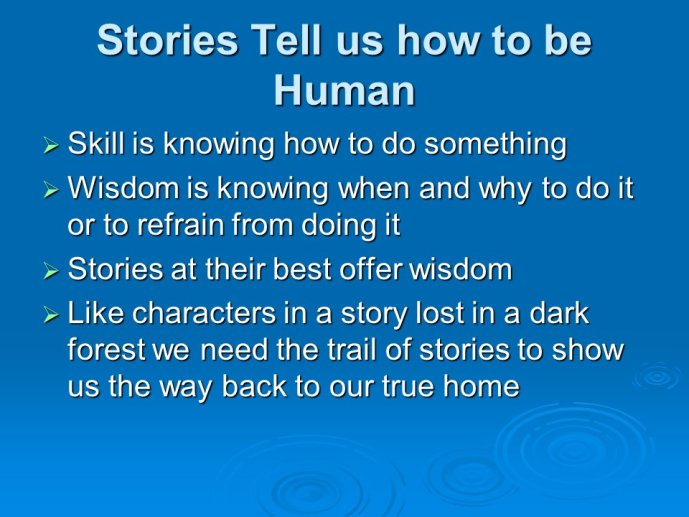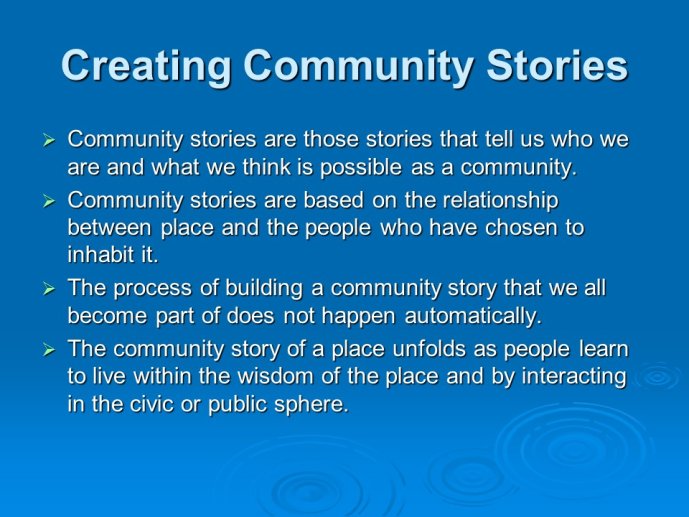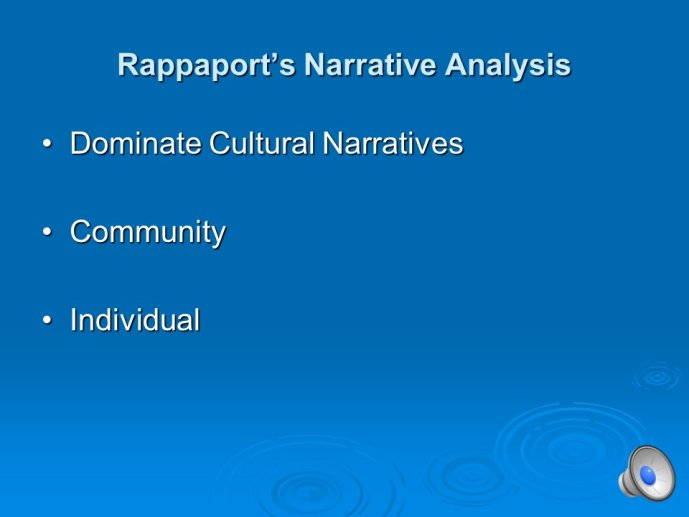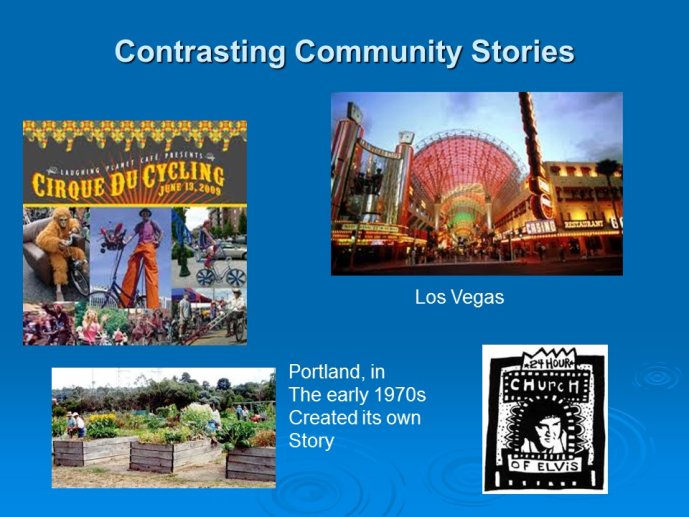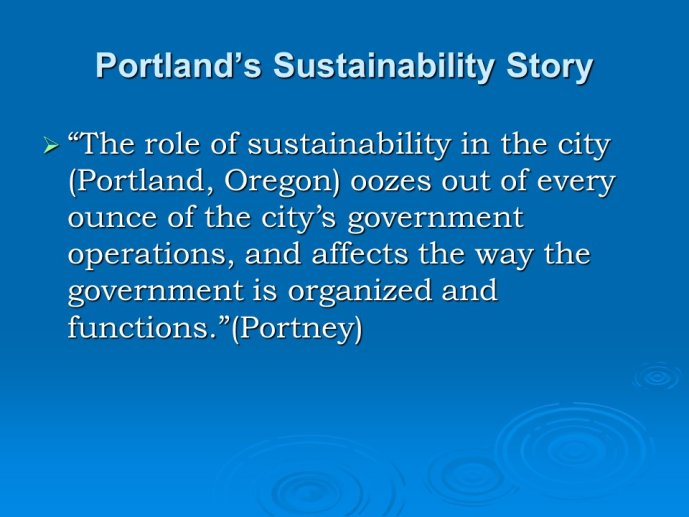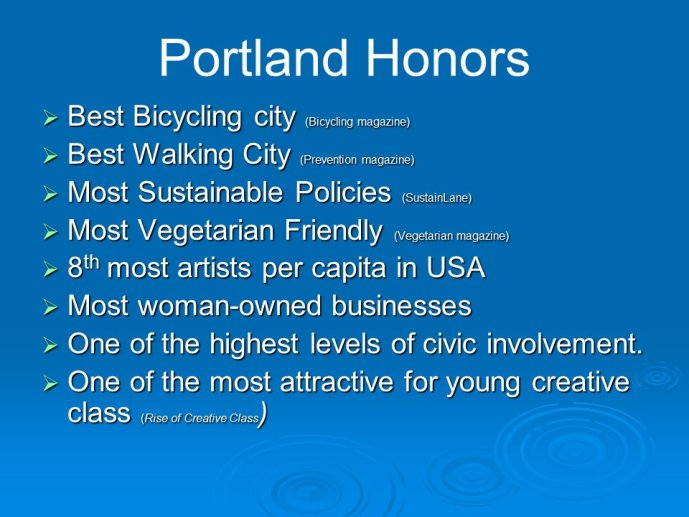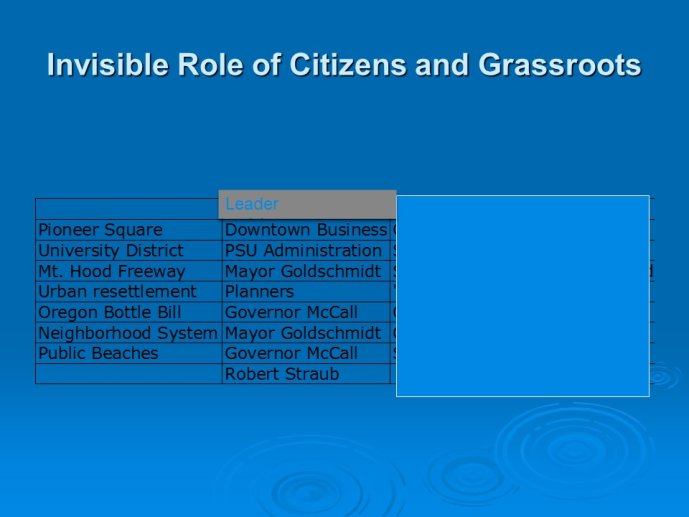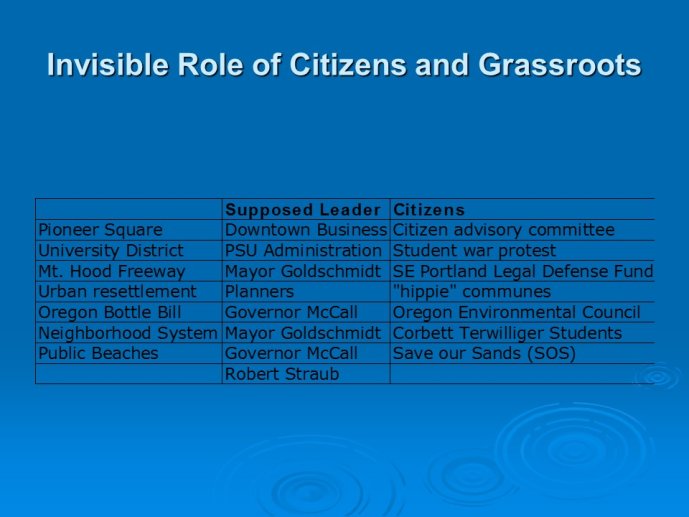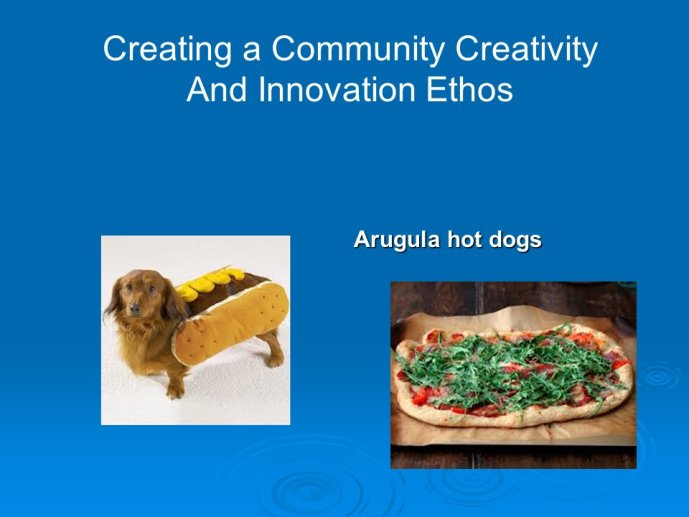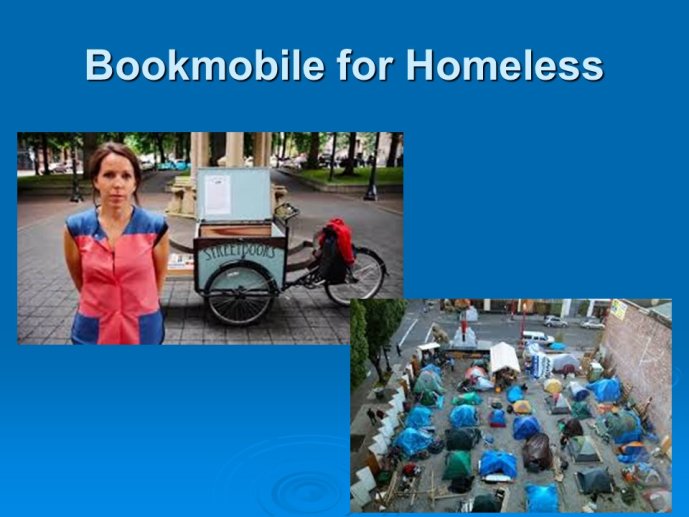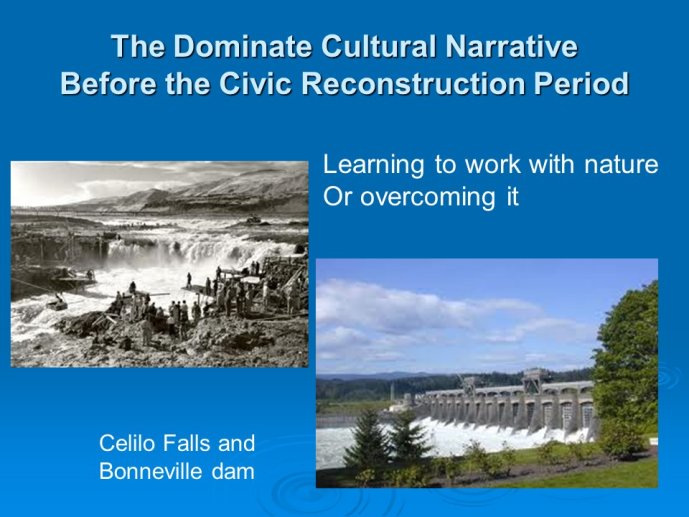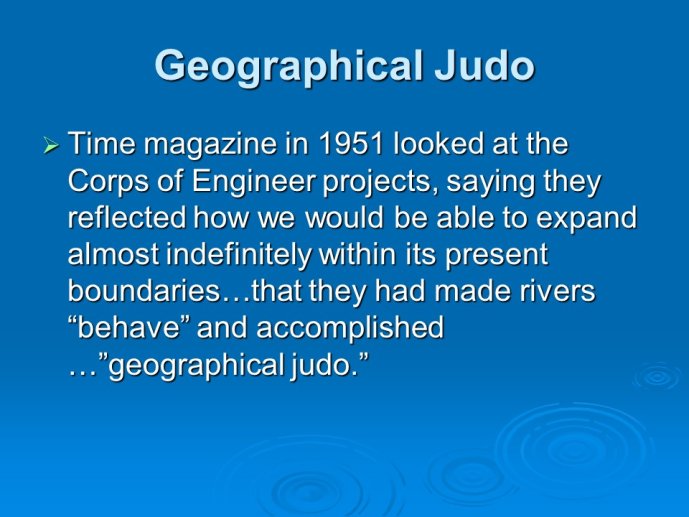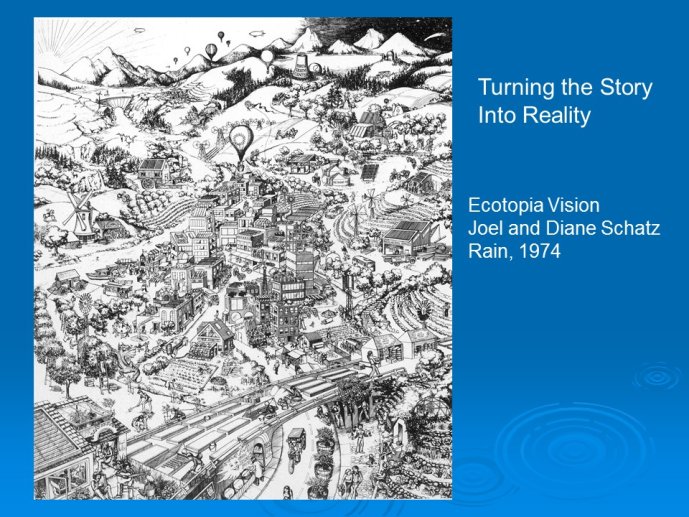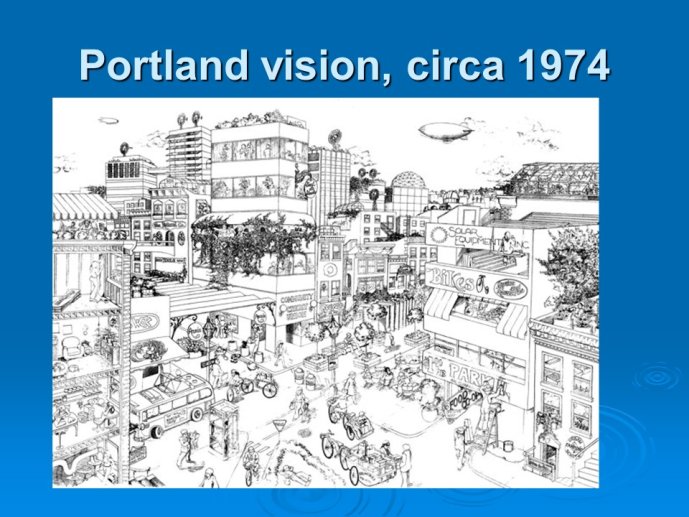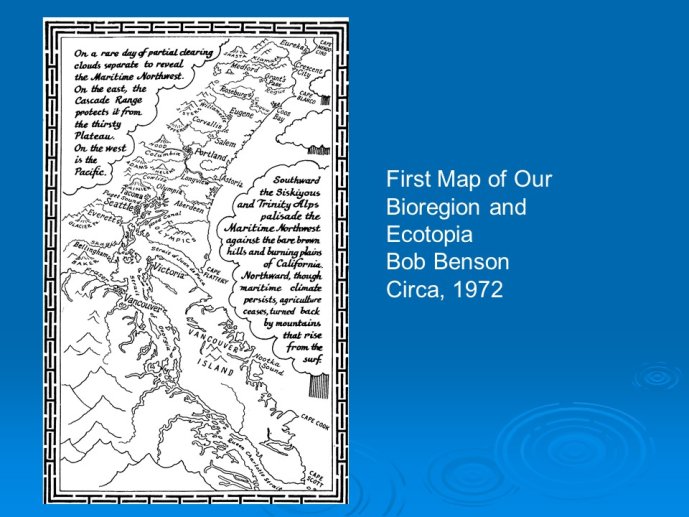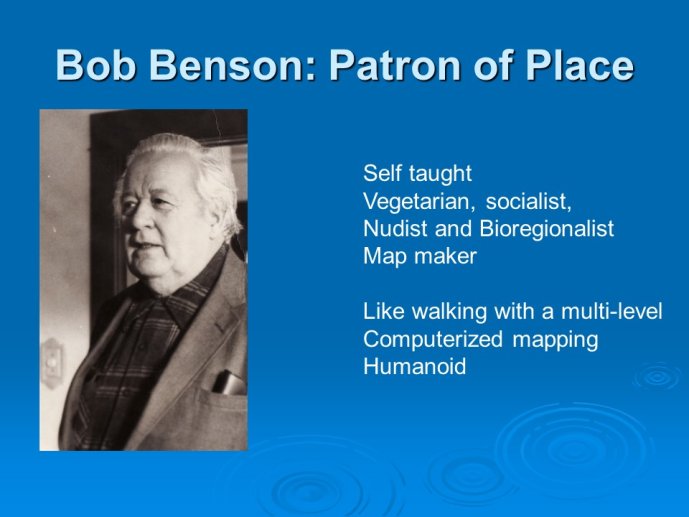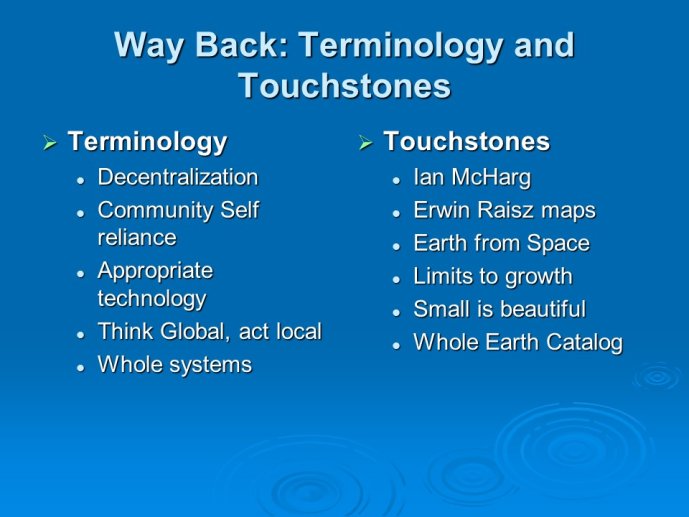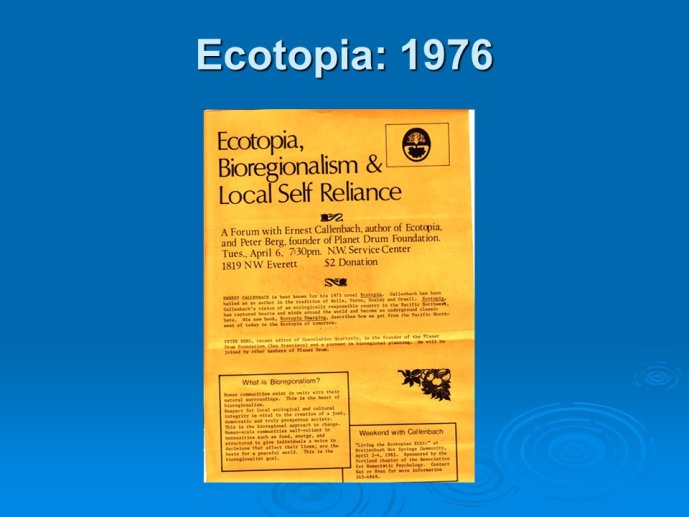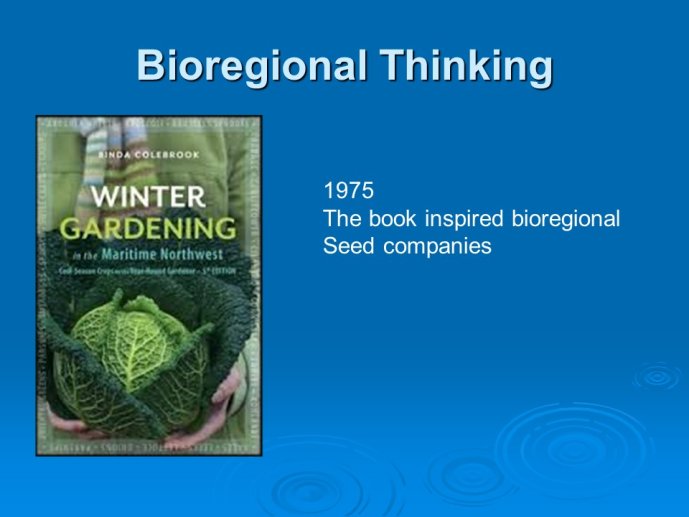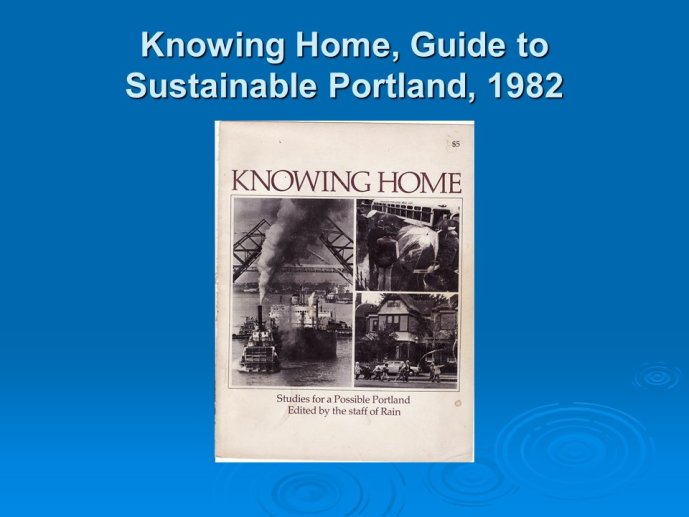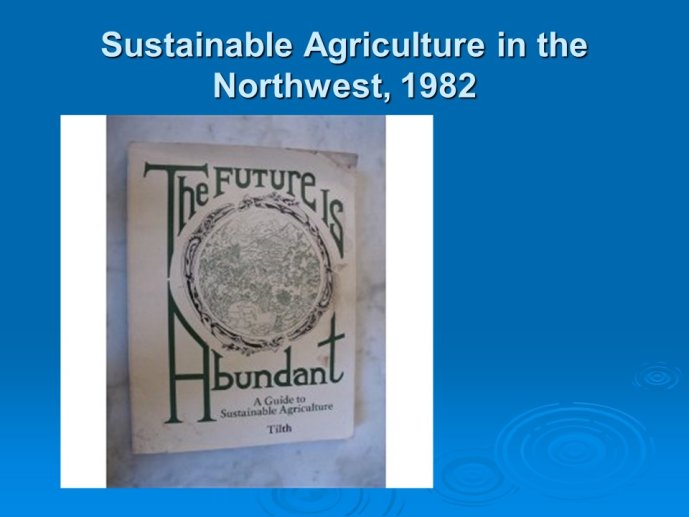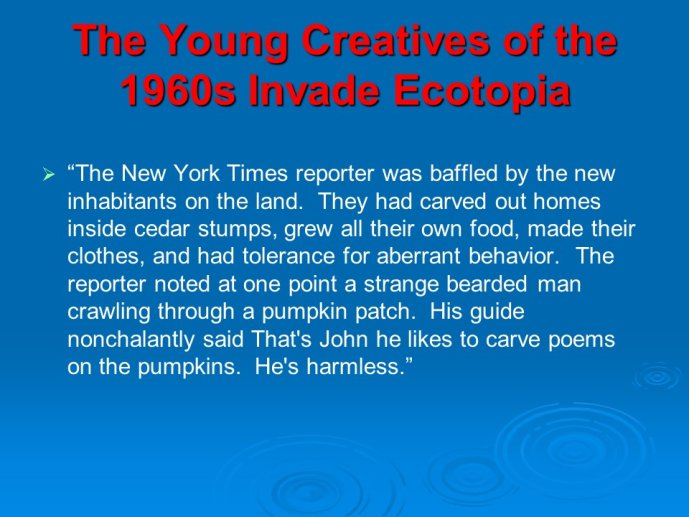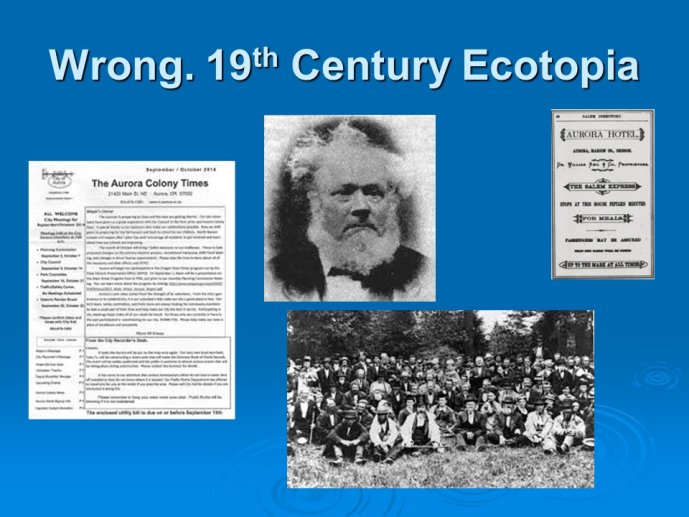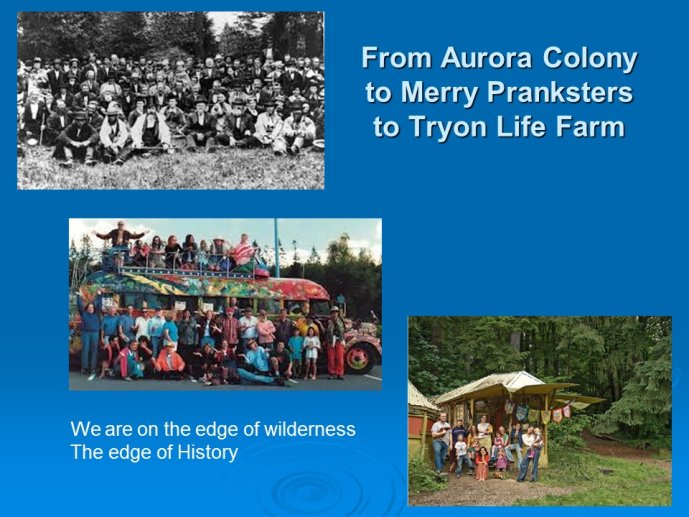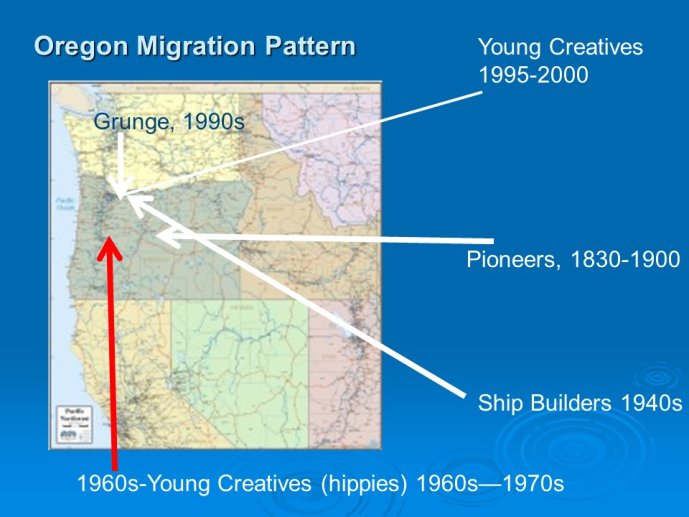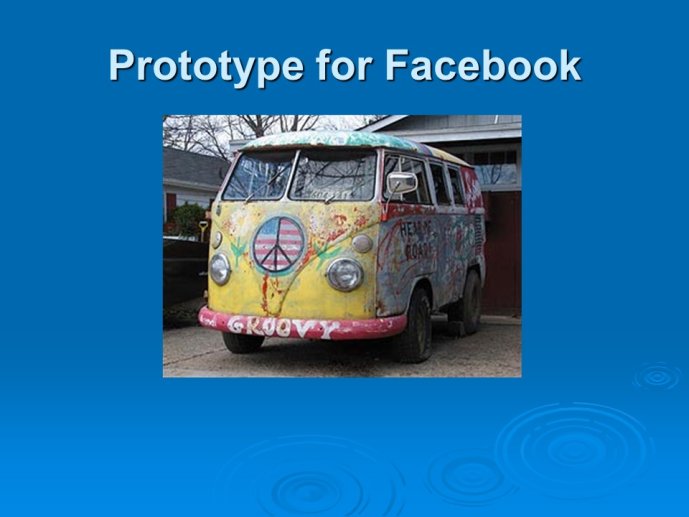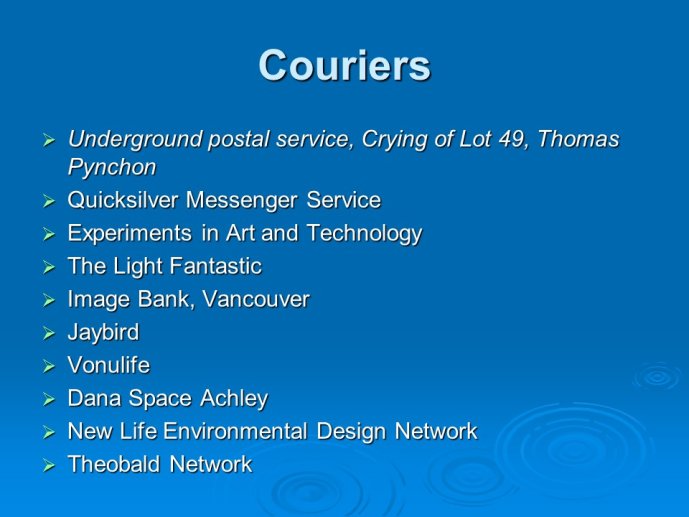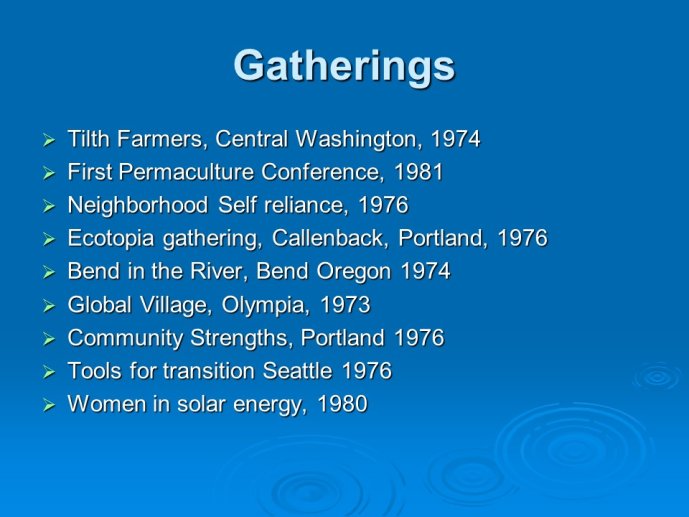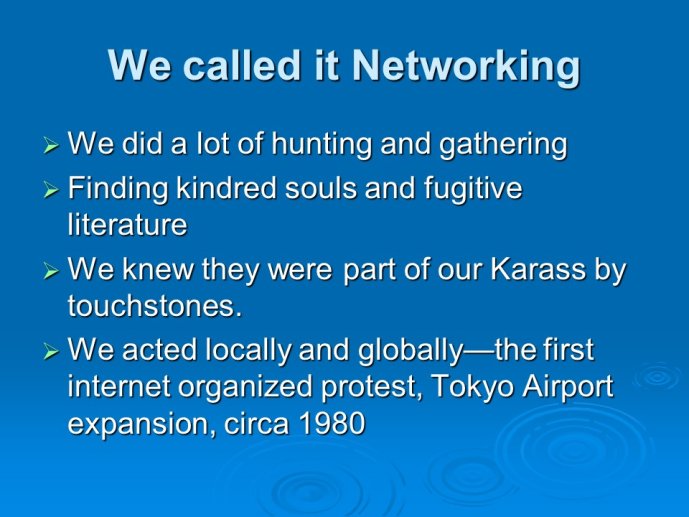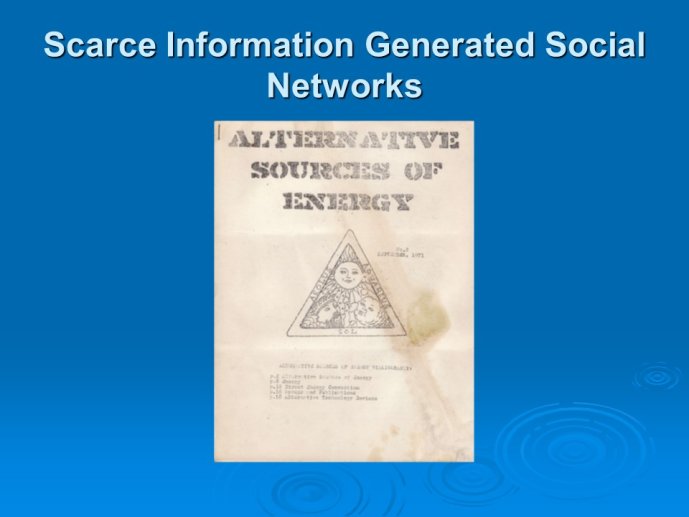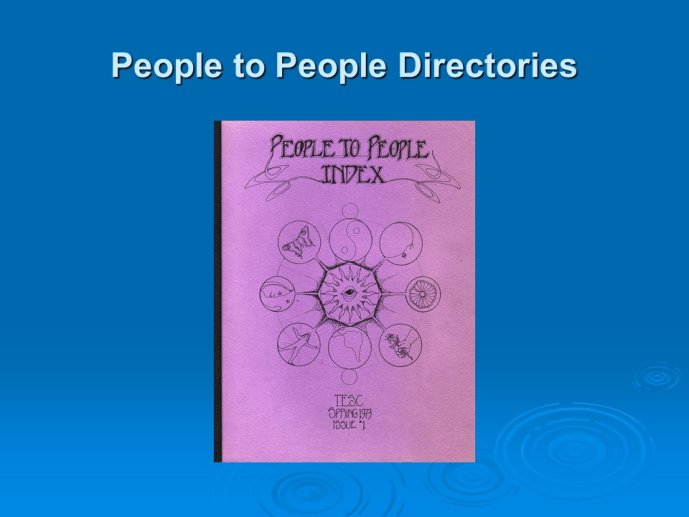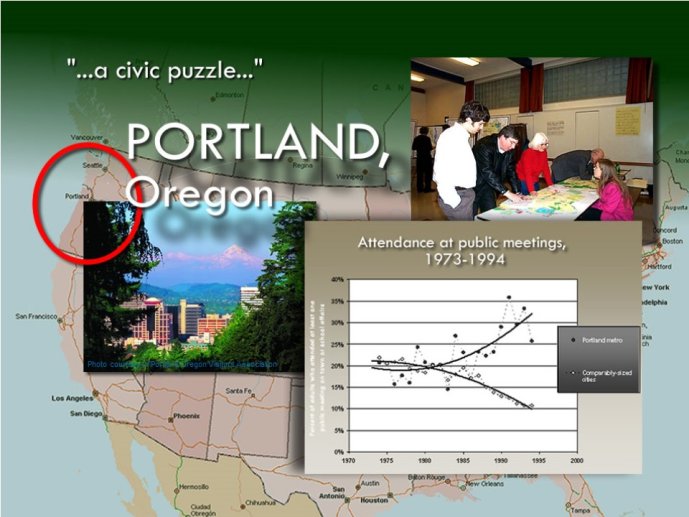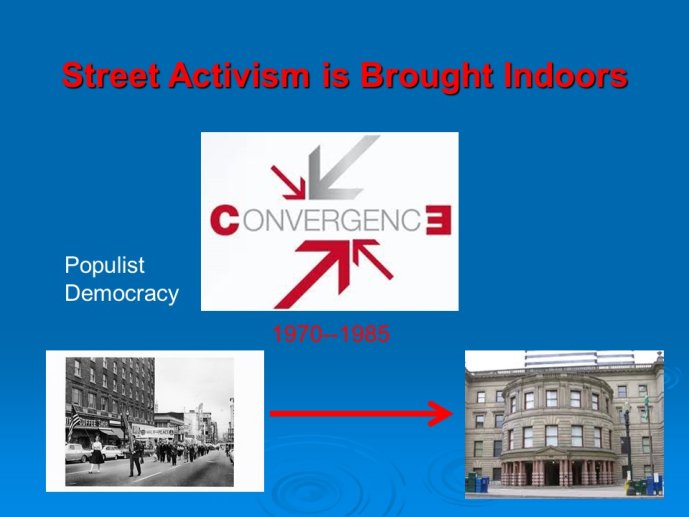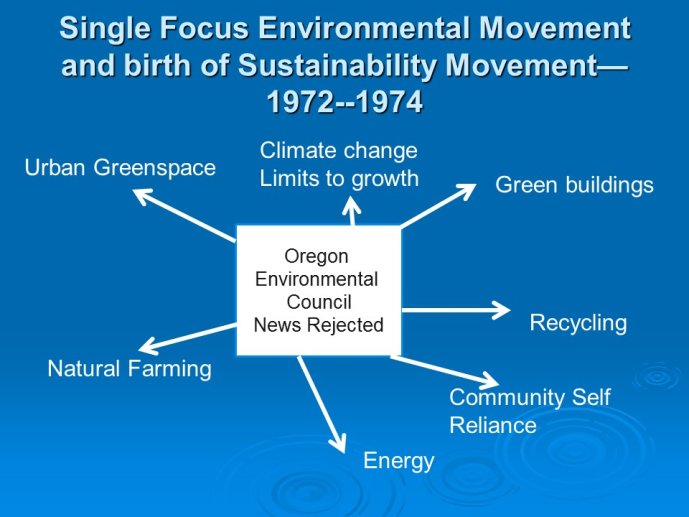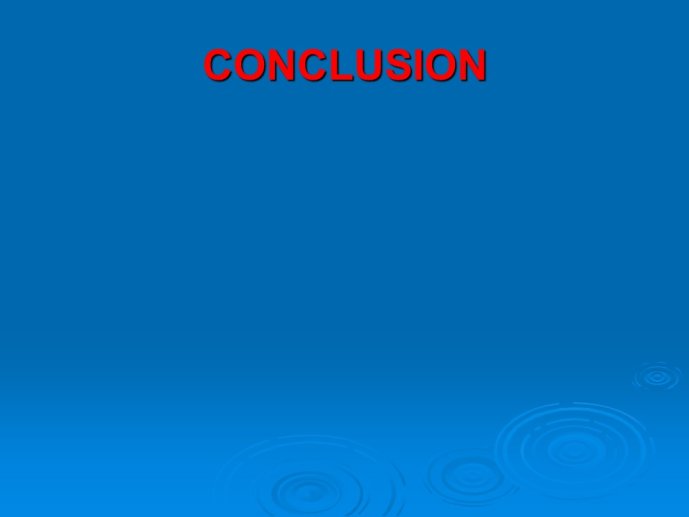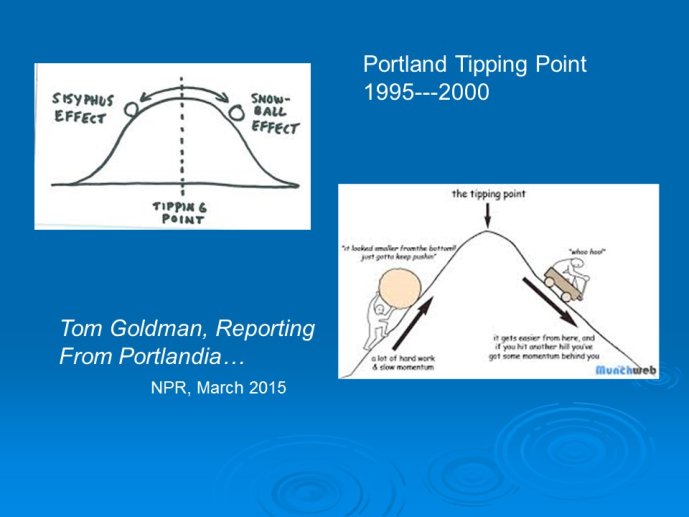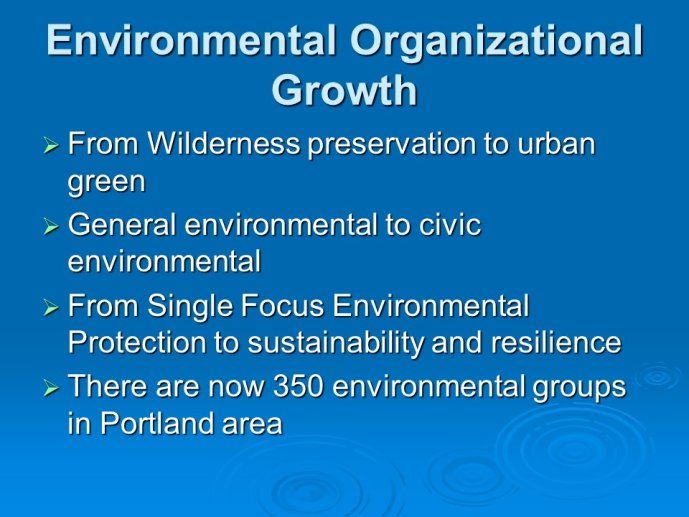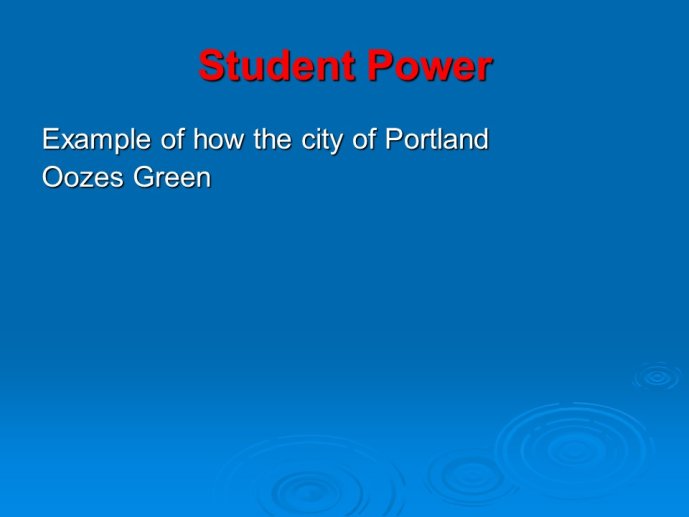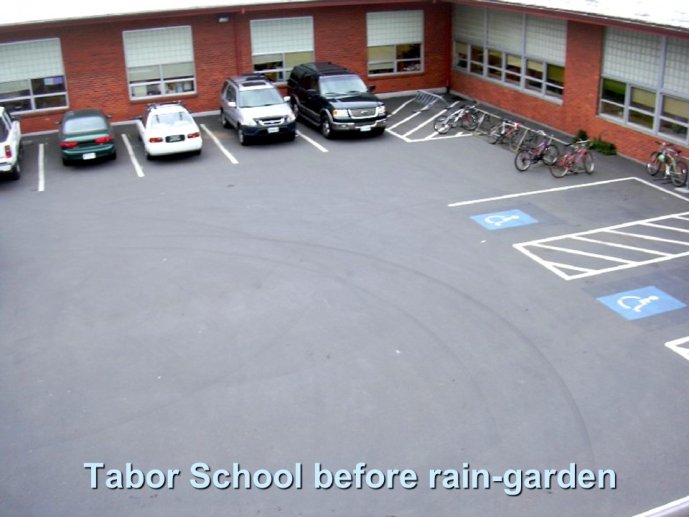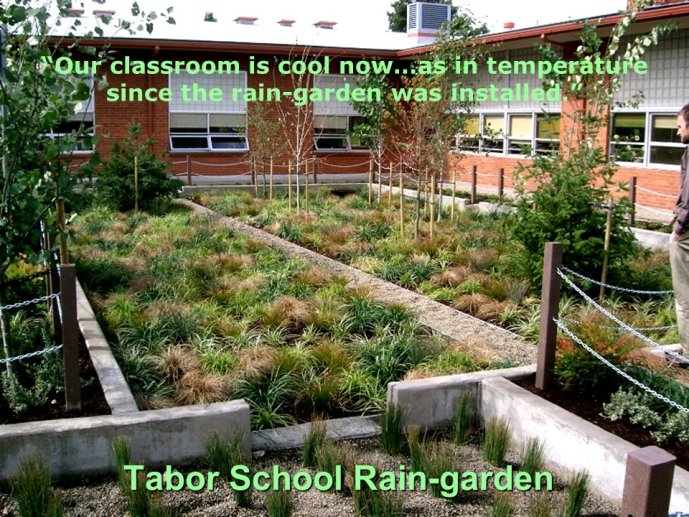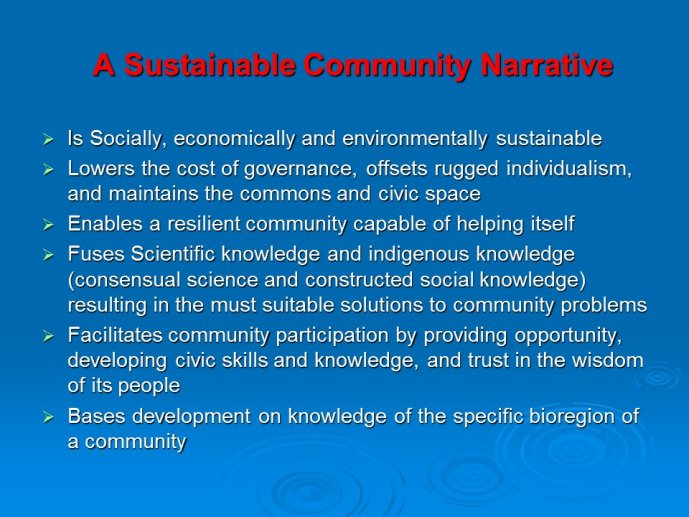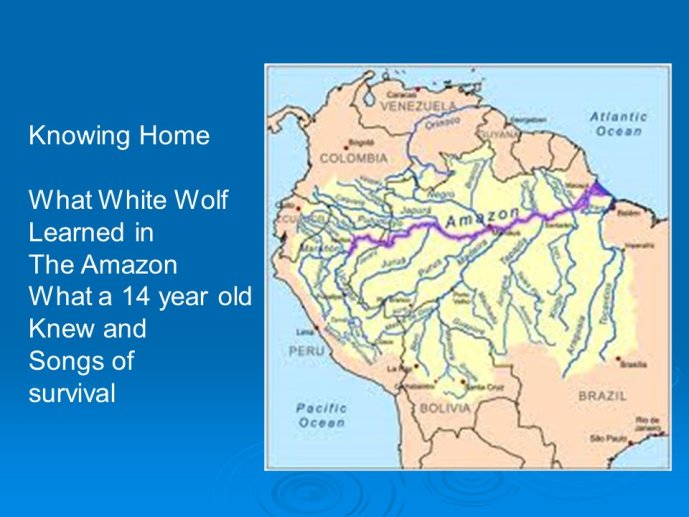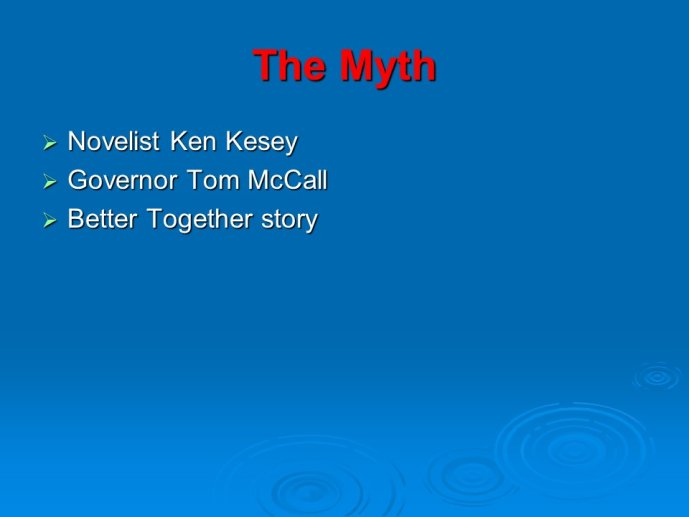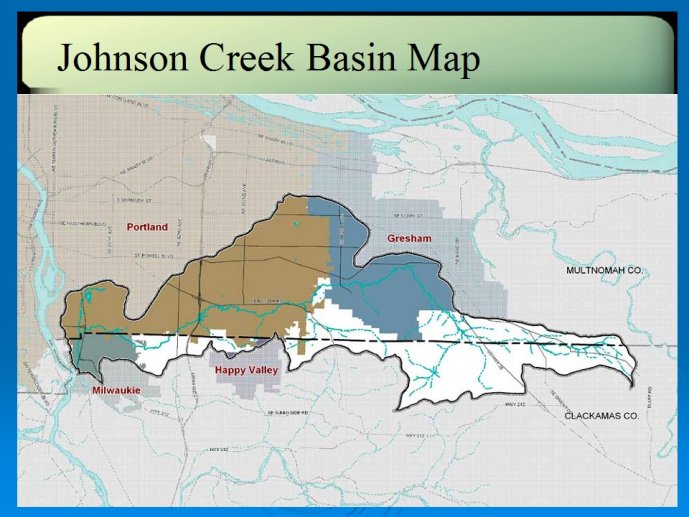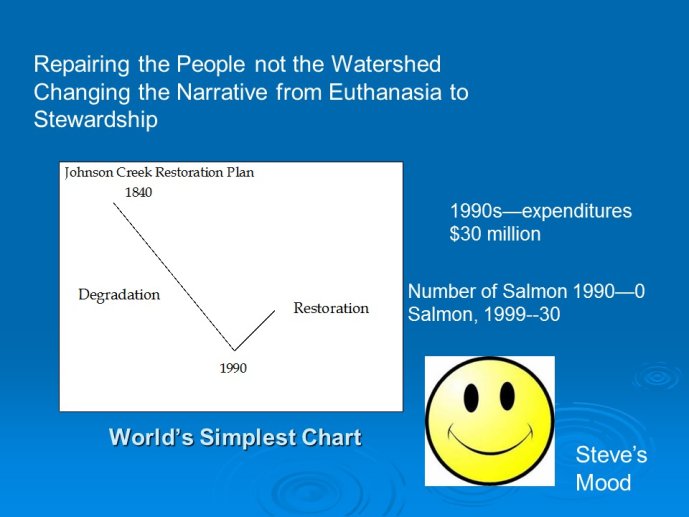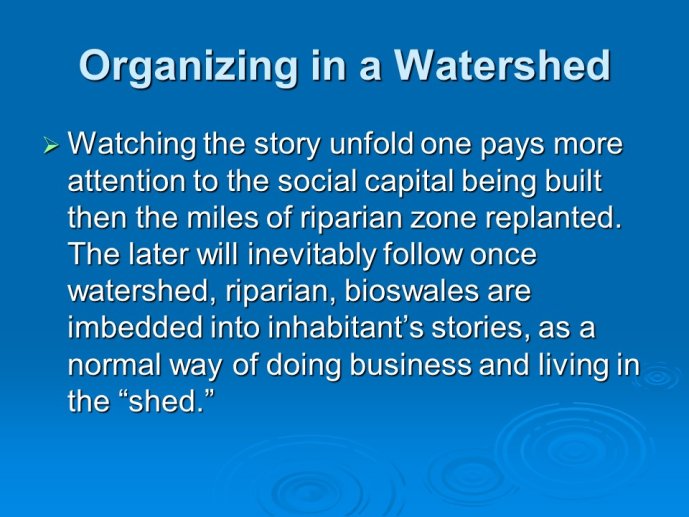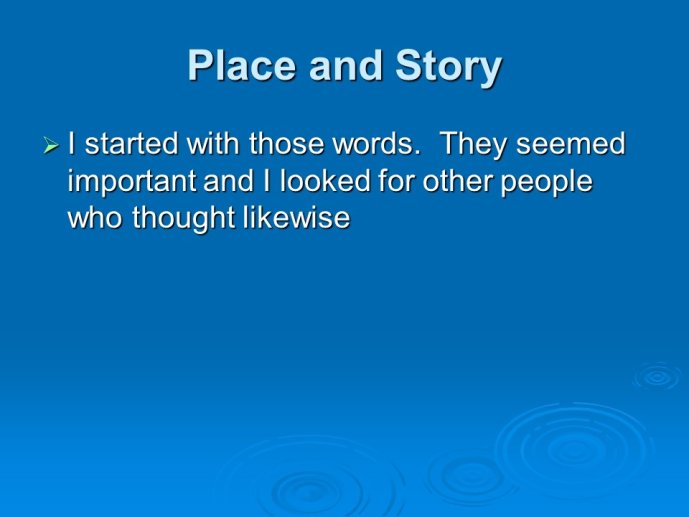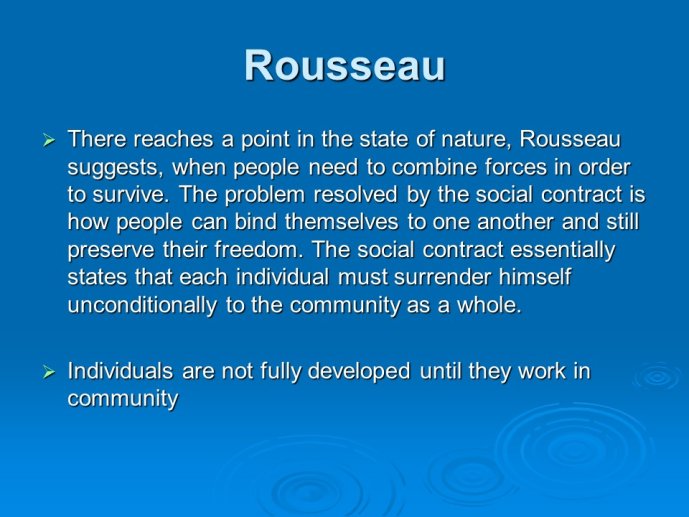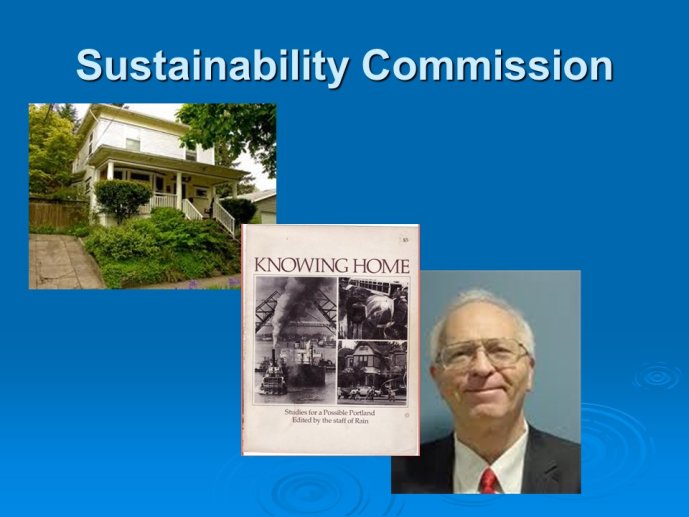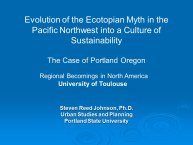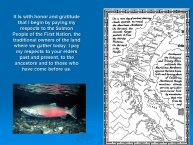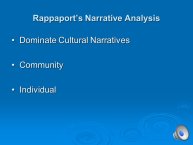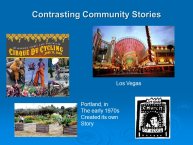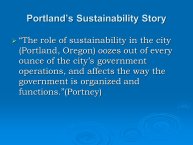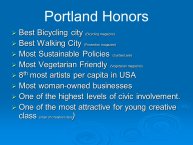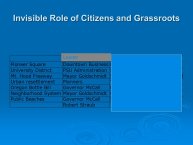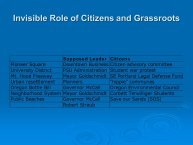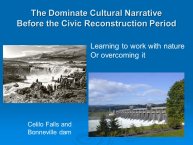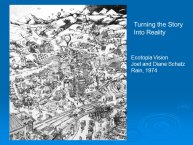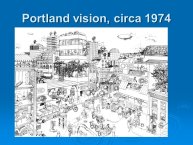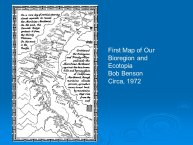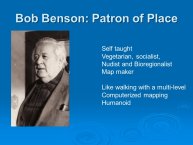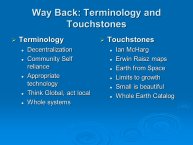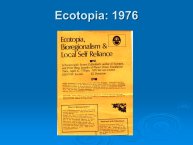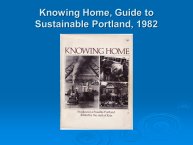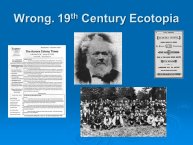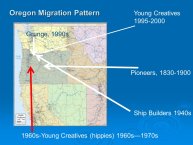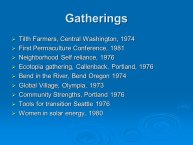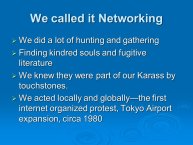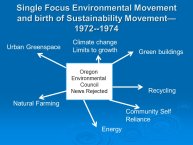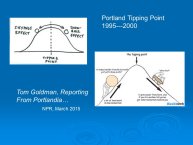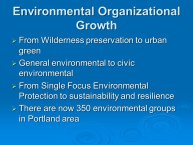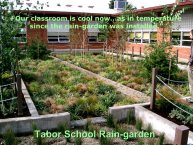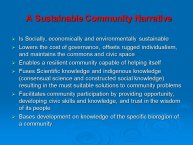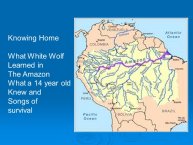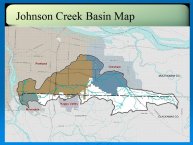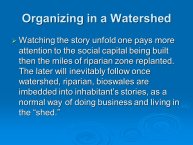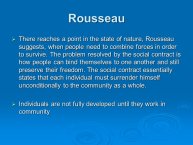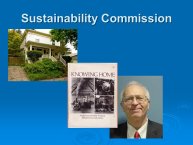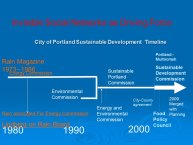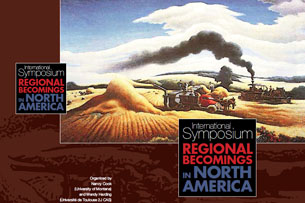Notice
Evolution of the Ecotopian Myth in the Pacific Northwest into a Culture of Sustainability / Steven Reed Johnson
- document 1 document 2 document 3
- niveau 1 niveau 2 niveau 3
Descriptif
Evolution of the Ecotopian Myth in the Pacific Northwest into a Culture of Sustainability / Steven Reed Johnson, in symposium international "Regional Becomings in North America" organisé, sous la responsabilité scientifique de Wendy Harding (Cultures Anglo-Saxonnes (CAS), Université Toulouse Jean Jaurès, France) et Nancy Cook (University of Montana, USA), Université Toulouse Jean Jaurès, 7-8 avril 2016.
Session 2: Bioregional Becomings II.
When ErnestCallenbach, author of Ecotopia,embarked on his first book tour in the Pacific Northwest in 1975, Portland, Oregon was hardly an exemplary sustainable community. Callenbach's book tour was sponsored by Rain magazine, a pioneering journal ofsustainable practices. In the pages of Rain(1974--1988) and the actions of ahandful of grassroots organizations, the origins of the sustainable culture inthe Northwest can be recognized.
This paper documents the birth ofthe myth of ecotopia during Portland's civic reconstruction (1968--1980) periodto the present Portland, an exemplary sustainable community. The transformation is explored as a culturalshift, not just a political one. InPortland there is a green way of thinking and solving community problems, bornfrom utopian ideals; now infused in the civic culture.
The paper will then explorecurrent challenges for Portland and any community with sustainable andresilience goals, including: socialequity, making room for diverse and transformative dialogue, and the danger ofisolation in a global economy.
Thème
Documentation
Bibliographie sélective
Bertens, Johannes Willem, Theo D’. Haen, and Ineke Bockting, eds. ‘Writing’ Nation and ‘writing’ Region in America. Vol. 33. Amsterdam : VU UP, 1996. Print. European Contributions to American Studies.
Brodhead, Richard H. Cultures of Letters : Scenes of Reading and Writing in Nineteenth-century America. Chicago : U of Chicago, 1993. Print.
Callenbach, Ernest. Ecotopia : the notebooks and reports of William Weston. New York : Bantam Books, 1977, 213 p. [rééd. Berkeley : Banyan Tree Books, 2004]
Campbell, Neil. The Cultures of the American New West. Chicago : Fitzroy Dearborn, 2000. Print.
Campbell, Neil. The Rhizomatic West : Representing the American West in a Transnational, Global, Media Age. Lincoln : U of Nebraska, 2008. Print.
Clifford, James. Routes : Travel and Translation in the Late Twentieth Century. Cambridge, MA : Harvard UP, 1997. Print.
Crow, Charles L., ed. A Companion to the Regional Literatures of America. Oxford : Blackwell, 2003. Print.
Deleuze, Gilles, and Félix Guattari. A Thousand Plateaus : Capitalism and Schizophrenia. Minneapolis : U of Minnesota, 1987. Print.
Fetterley, Judith, and Marjorie Pryse. Writing out of Place : Regionalism, Women, and American Literary Culture. Urbana : U of Illinois, 2003. Print.
Foote, Stephanie. “Local Knowledge and Women’s Regional Writing.” The Cambridge History of American Women’s Literature. Ed. Dale Bauer. Cambridge and New York, 2012.
Frampton, Kenneth. “Towards a Critical Regionalism : Six Points for an Architecture of Resistance.” Postmodern Culture. Ed. Hal Foster. London : Pluto, 1985. 16-30. Print.
Franklin, Wayne, and Michael Steiner. Mapping American Culture. Iowa City : U of Iowa, 1992. Print.
Herr, Cheryl. Critical Regionalism and Cultural Studies : From Ireland to the American Midwest. Gainesville : U of Florida, 1996. Print.
Jones, Karen R., and John Wills. American West : Competing Visions. Edinburgh : Edinburgh UP, 2009. Print.
Jordan, David. New World Regionalism : Literature in the Americas. Toronto : U of Toronto, 1994. Print.
Kollin, Susan. Postwestern Cultures : Literature, Theory, Space. Lincoln : U of Nebraska, 2007. Print.
Lippard, Lucy R. The Lure of the Local : Senses of Place in a Multicentered Society. New York : New, 1997. Print.
Mahoney, Timothy R., and Wendy J. Katz, eds. Regionalism and the Humanities. Lincoln : U of Nebraska, 2008. Print
McGinnis, Michael Vincent, ed. Bioregionalism. London : Routledge, 1999. Print.
Powell, Douglas Reichert. Critical Regionalism : Connecting Politics and Culture in the American Landscape. Chapel Hill : U of North Carolina, 2007. Print.
Soja, Edward W. Postmodern Geographies : The Reassertion of Space in Critical Social Theory. London : Verso, 1989. Print.
Thayer, Robert L. LifePlace : Bioregional Thought and Practice. Berkeley : U of California, 2003. Print.
Wilson, Chris, and Paul Erling. Groth, eds. Everyday America : Cultural Landscape Studies after J.B. Jackson. Berkeley : U of California, 2003. Print.
Dans la même collection
-
Always Becoming Bioregional / Tom Lynch
LynchTomAlways Becoming Bioregional / Tom Lynch, in symposium international "Regional Becomings in North America" organisé, sous la responsabilité scientifique de Wendy Harding (Cultures Anglo-Saxonnes (CAS)
-
Cascadia: Emergence of a Bioregional Culture in the Pacific Northwest / Julie Celnik
CelnikJulieCascadia: Emergence of a Bioregional Culture in the Pacific Northwest / Julie Celnik, in symposium international "Regional Becomings in North America" organisé, sous la responsabilité scientifique de
-
Playing Pioneer Woman / Margaret D. Jacobs
JacobsMargaret D.Playing Pioneer Woman / Margaret D. Jacobs, in symposium international "Regional Becomings in North America" organisé sous la responsabilité scientifique de Wendy Harding (Cultures Anglo-Saxonnes (CAS
-
Going Local and Getting Personal: Toward a Regional Reading Practice / Nancy Cook
CookNancyGoing Local and Getting Personal: Toward a Regional Reading Practice / Nancy Cook, in symposium international "Regional Becomings in North America" organisé sous la responsabilité scientifique de
-
Jayne Anne Phillip’s Poetic Reinvention of Appalachia in MotherKind / Sarah Dufaure
DufaureSarahJayne Anne Phillip’s Poetic Reinvention of Appalachia in MotherKind / Sarah Dufaure, in symposium international "Regional Becomings in North America" organisé sous la responsabilité scientifique de
-
Geographies and Genealogies : Jane Smiley, Marilynne Robinson and Louise Erdrich
OlsterStacey MicheleGeographies and Genealogies: Jane Smiley, Marilynne Robinson and Louise Erdrich / Stacey Olster
-
Becoming Californian through Travel and Writing, Friendship and Patronage / Cathryn Halverson
HalversonCathrynBecoming Californian through Travel and Writing, Friendship and Patronage / Cathryn Halverson, in symposium international "Regional Becomings in North America" organisé sous la responsabilité
-
Notes from California’s Native Daughters / Audrey Goodman
GoodmanAudreyNotes from California’s Native Daughters / Audrey Goodman, in symposium international "Regional Becomings in North America" organisé sous la responsabilité scientifique de Wendy Harding (Cultures

